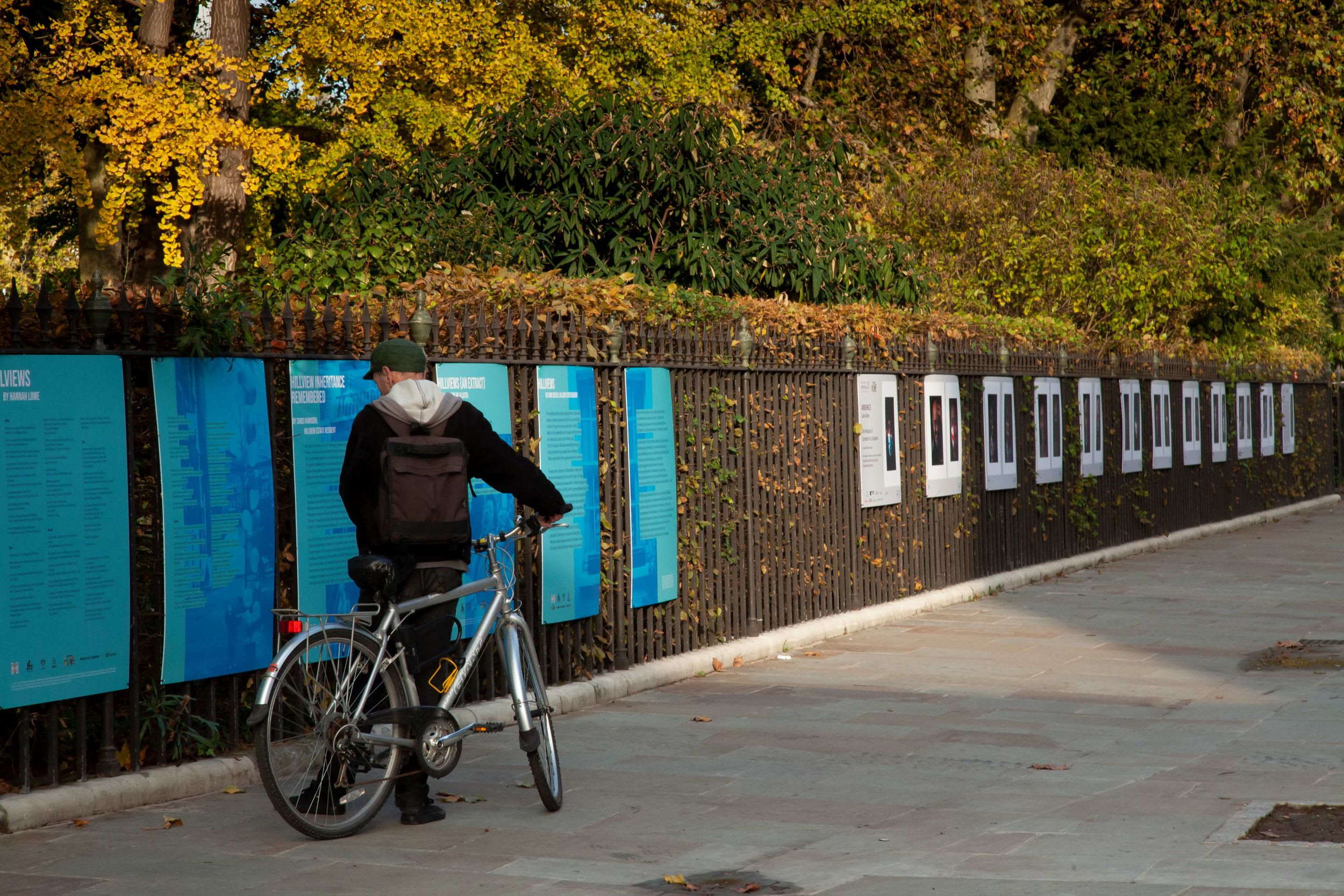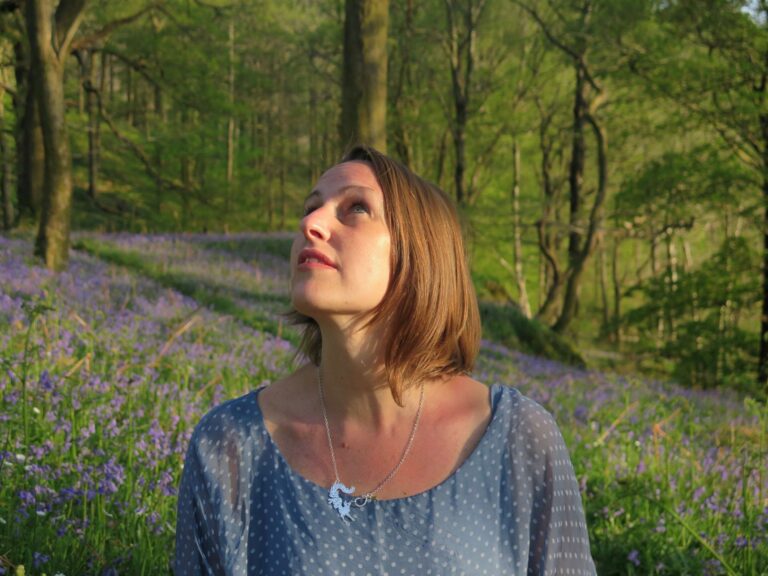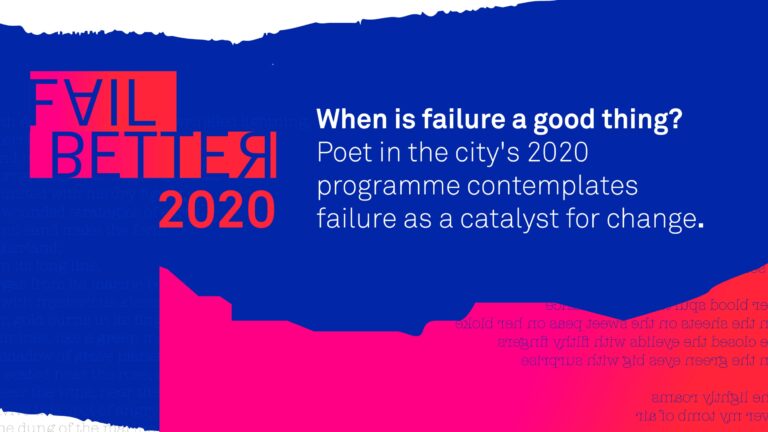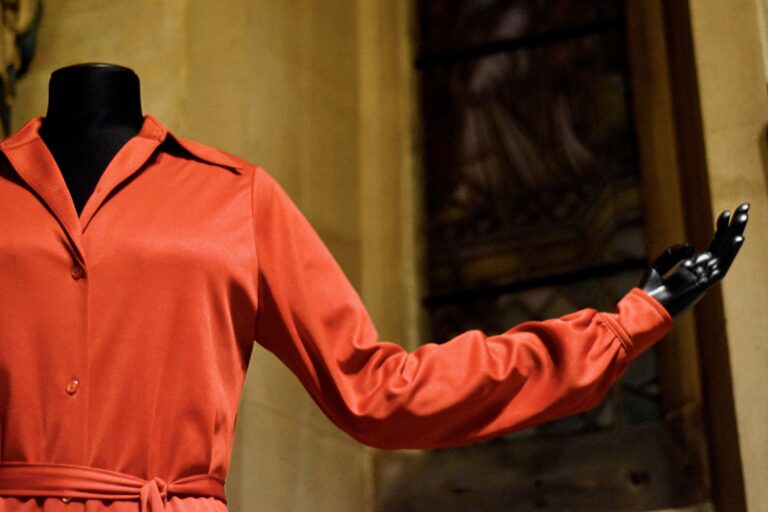Hillview Poetic Histories: Catherine Packard
Catherine Packard has lived on Hillview, a Victorian housing estate in King’s Cross, since 1981 and was instrumental in enticing Poet in the City to bring the estate’s history to life through poetry. We spoke to her in November 2020.
The collaboration started with a serendipitous encounter with Jasmine White (Poet in the City Head of Programme) at an event run by the Knowledge Quarter London. We started talking about Hillview and more particularly the legacy of the squatters and short life tenants from the 80s and 90s who saved the estate from demolition. I wanted to look at the estate’s history, and Jasmine suggested using poetry as the medium – the project grew from there.?? Following another opportune encounter, this time between Jasmine and Camden Council, who indicated a genuine interest in the project, we were offered funding and support to get the project up and running. Hillview Poetic Histories was born.
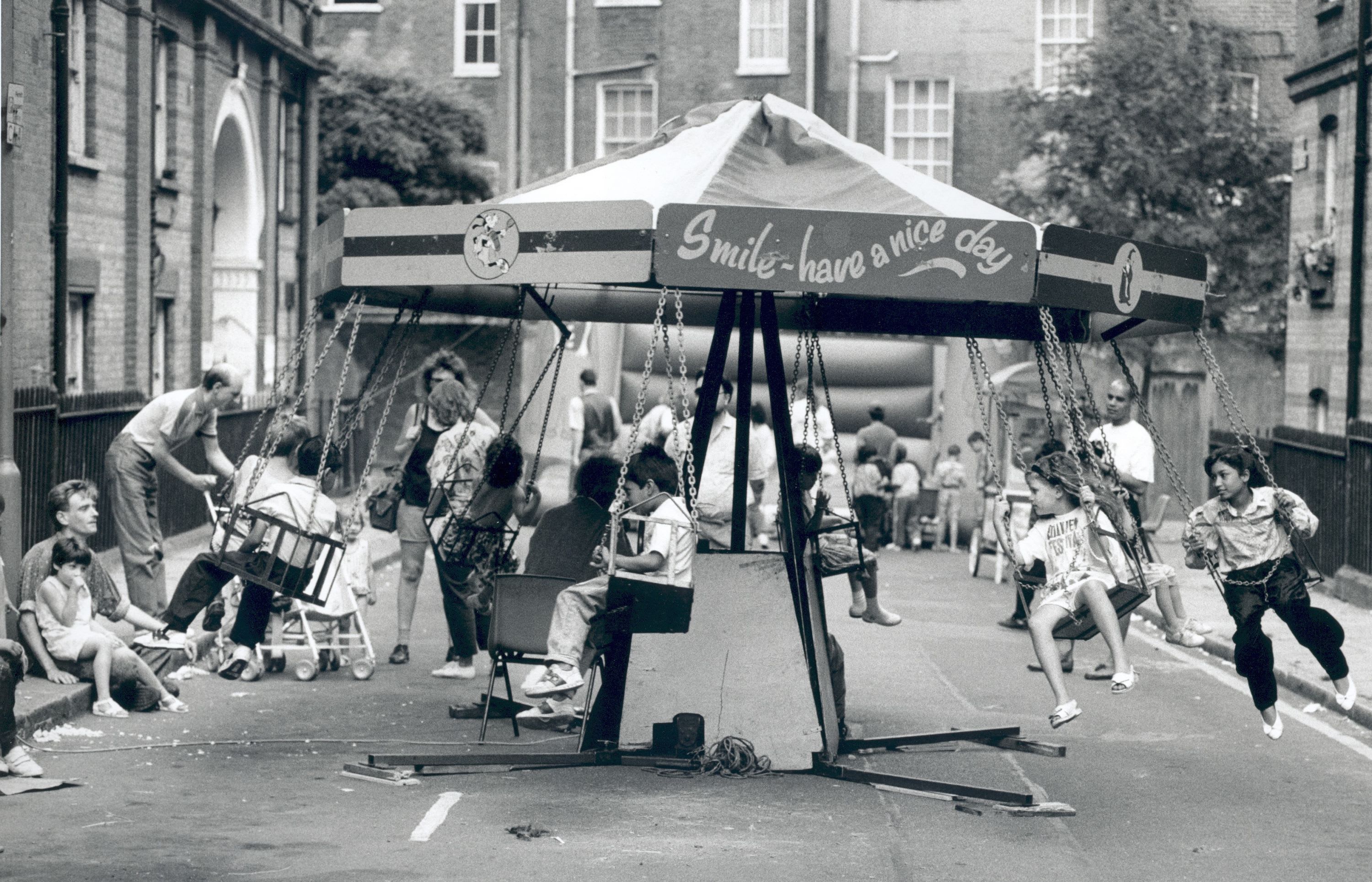 Hillview Festival 1992. Photo credit: Catherine Packard
Hillview Festival 1992. Photo credit: Catherine Packard
We thought about the sort of things we might like to do. We wanted to commission a poem looking at life on the estate, and run poetry workshops with residents, culminating in a competition. We decided to base the project around the theme of ‘home’ and how people had come to live on the estate. Jasmine brought in poet Hannah Lowe, who has experience working with communities to tell their stories, to work on the project. She interviewed a cross-section of the Hillview community and wrote a beautifully perceptive poem inspired by their stories. The poetry workshops encouraged and supported residents to write about their relationship with Hillview. We were delighted to receive a wide variety of poems, of which 4 were competition winners.
Read Hannah Lowe’s poem “Hillviews” here
??Initially we had spoken about using bus stops across Camden to present the winning poems, which would have been a great way to bring poetry and stories of the estate to a wider community. We worked with designer Marina Da Silva to create the finished artworks and we even picked which stops we wanted, but then Covid-19 happened, and the bus stop displays were needed for public information signs. We’re still planning to use them in the future, but in the meantime we hatched another plan. ??I was already putting together “Once Upon a Time in King’s Cross”, an exhibition of my own photographs of Hillview to hang on the railings of Brunswick Square Gardens, commissioned by the Bloomsbury Festival. We decided to combine Hillview Poetic Histories with my photographs, both exhibits complementing each other really well and adding to the audience experience.
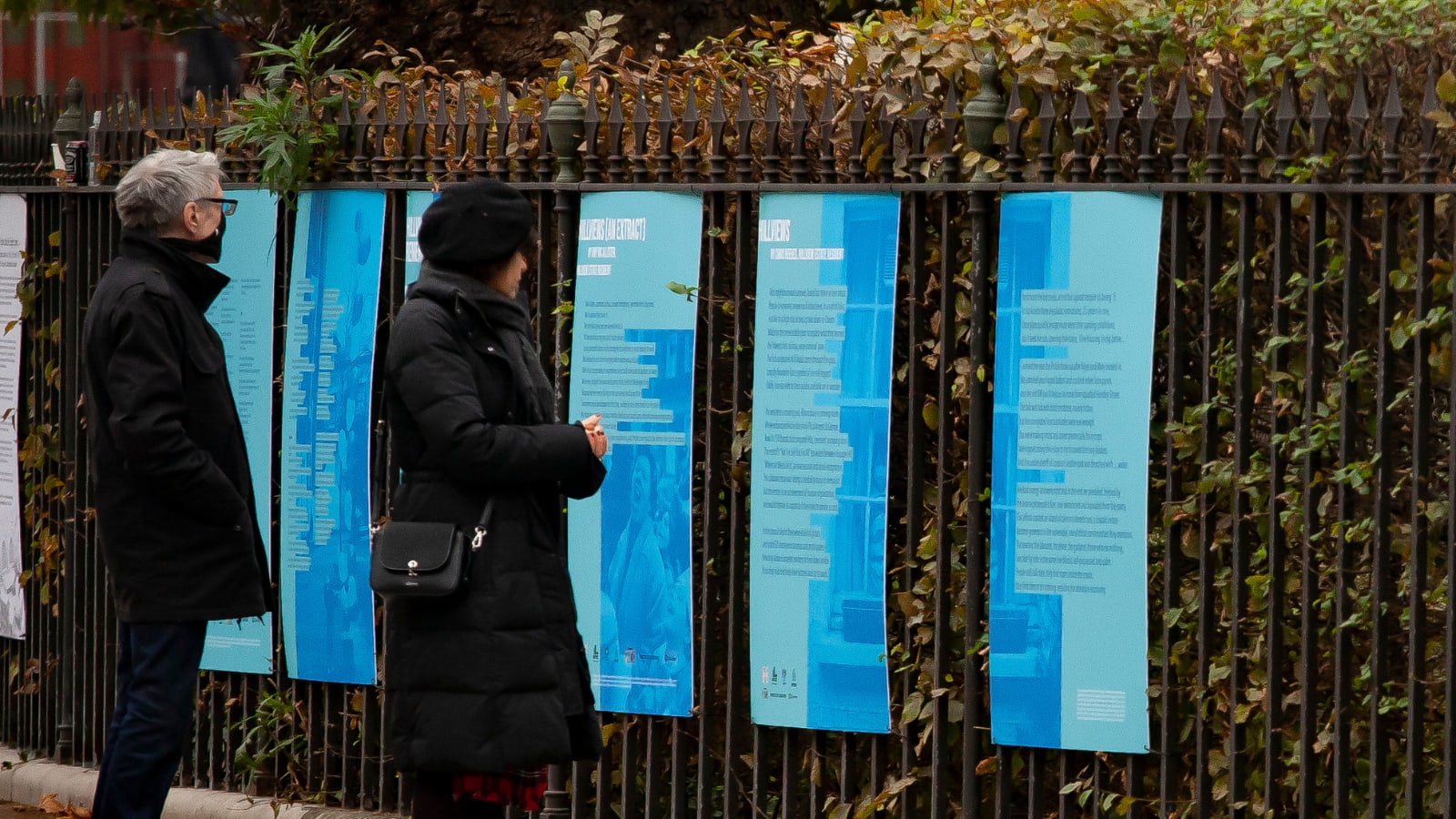 Photo credit: Stuart Keegan/Bloomsbury Festival 2020.
Photo credit: Stuart Keegan/Bloomsbury Festival 2020.
It was just lovely to see people engaging with the work. Several of the characters in my photographs still live in the area and people know them, and there was lots of interest in the poems because they were written about somewhere so local, but also many people didn’t know about Hillview. With a lockdown on, there is a poignancy in the sense of community described in the poems, which forms an escape for people: photographs of people socialising, playing together, lots of people hanging out – all things we can’t do at the moment. There was something about the placement of the photographs and poems that drew people in. Having the exhibition outside and in such an informal setting enabled people to spend time appreciating them. Strangers started talking to one another about the imagery and the writing!??
It was great to engage with people who don’t normally think that poetry is for them. Lockdown has slowed people down, and there isn’t so much in the way of cultural activity apart from online, so it’s a great time to host things outdoors. ??Another benefit of the poetry project was the fresh outlook it offered Hillview residents who engaged with it, looking at the neighbourhood they live in through new eyes, finding out about each other and the history of the estate. That said, working with your own community carries a certain amount of risk. The project unlocked personal histories for people, and you have to make sure they feel safe in sharing those. These are people’s stories and need to be treated with respect and confidentiality – people say things in interviews that they may not want shared with the world. It’s especially important to build confidence when dealing with people who are also your neighbours, particularly if you want to organise follow up projects.
Read Amy McAllister’s poem “You’re Welcome” here
What’s next for the Hillview Poetic Histories?
The project has acted as a catalyst leading to the idea of developing a people’s archive. The actual fabric of the buildings dates back to the 1890s, and in the 1990s we conducted interviews with a few residents who were born during World War 1 and grew up on the estate, so we have transcripts of those amazing stories too. We also have interviews, and films of people who lived on Hillview during the squatting period and beyond. There’s just so much material to collate, which can then form the basis for a variety of cultural and artistic responses.
We’re working on a poetry film next – a reading of the winning poems, and there has been talk of recording some podcasts. Essentially, we are looking to continue Hillview Poetic Histories and build on the foundations we’ve already created. It’s a big open book at the moment, where lots of things could happen.

